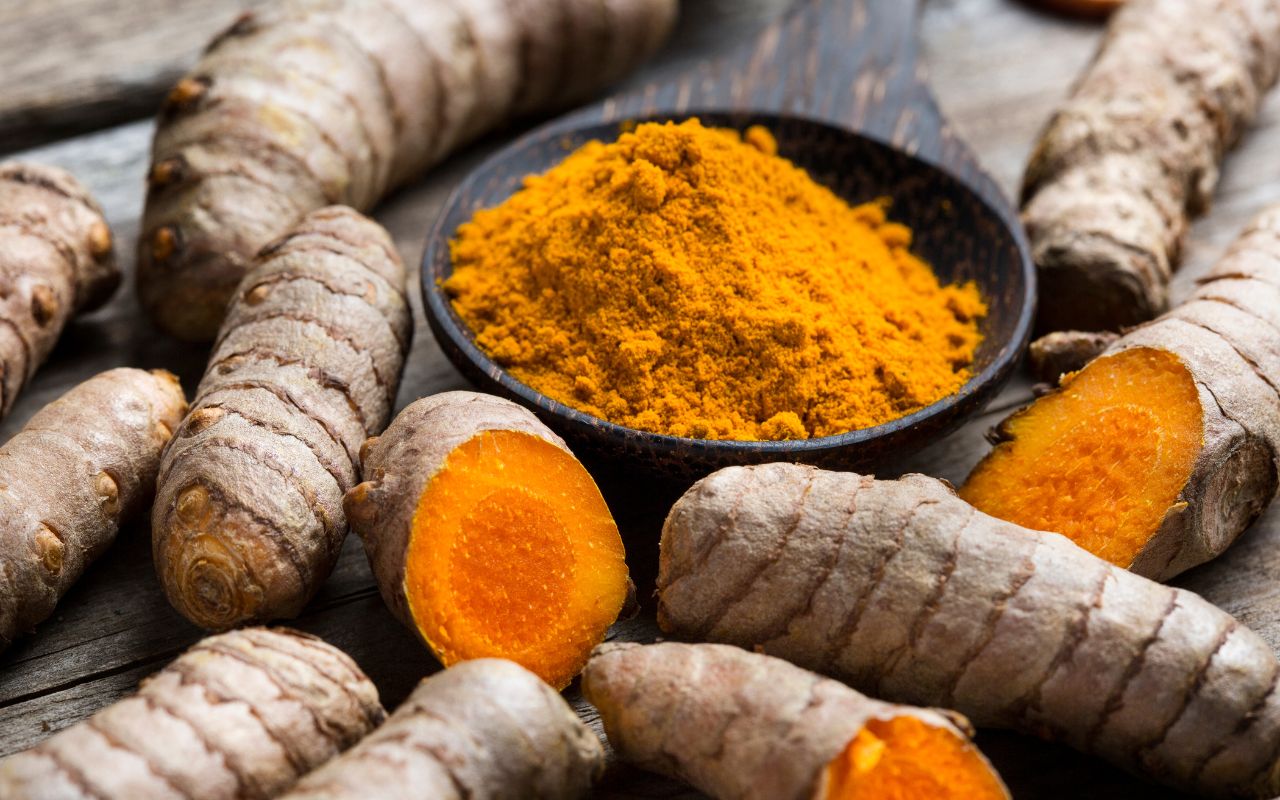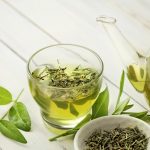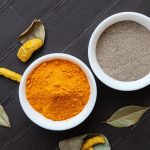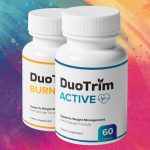Turmeric, a golden spice revered for centuries in Ayurvedic and traditional Chinese medicine, has recently garnered widespread attention for its purported health benefits. One of the most active compounds in turmeric is curcumin, which has been the subject of numerous studies investigating its therapeutic properties. From reducing inflammation to its potential role in cancer treatment, the health benefits of turmeric and curcumin are both fascinating and complex. This comprehensive guide will explore how turmeric may improve health and well-being, supported by recent scientific research and clinical trials.
Turmeric’s potential as a remedy for various ailments is grounded in its long history of use. This spice, derived from the root of the Curcuma longa plant, is a staple in culinary traditions and a critical component in medicinal practices across Asia. Known for its vibrant yellow color and distinct flavor, turmeric has been utilized to treat various conditions, from digestive issues to skin diseases.
Anti-Inflammatory and Antioxidant Properties
One of turmeric's most well-documented benefits is its powerful anti-inflammatory and antioxidant properties. Chronic inflammation is a contributing factor to many common Western diseases, including heart disease, cancer, metabolic syndrome, Alzheimer’s disease, and various degenerative conditions. Curcumin, the primary bioactive substance in turmeric, has been shown to combat inflammation at the molecular level effectively.
The anti-inflammatory effects of curcumin are particularly significant in the context of osteoarthritis, a degenerative joint disease that affects millions worldwide. Traditional treatments, such as non-steroidal anti-inflammatory drugs (NSAIDs), are effective but come with a host of side effects, including gastrointestinal, cardiac, and renal issues. Curcumin presents a promising alternative, as it reduces inflammation without these adverse effects. According to Kristopher Paultre, an orthopedics and family medicine assistant professor at the University of Miami, curcumin's potential in treating osteoarthritis is actively studied, with numerous clinical trials underway.
Furthermore, curcumin's antioxidant properties enhance its anti-inflammatory effects. By neutralizing free radicals and stimulating the body's antioxidant enzymes, curcumin provides a multi-faceted approach to reducing oxidative stress and inflammation. This dual action makes turmeric a valuable natural remedy for preventing and managing chronic inflammatory diseases.
Cancer Research and Potential Benefits
The potential of curcumin in cancer treatment is one of the most exciting research areas. Studies have shown that curcumin can kill cancer cells and prevent their growth. It inhibits angiogenesis, the process by which tumors develop new blood vessels to sustain themselves. This discovery was made by researchers Jack Arbiser and Nancy DeMore at Harvard Medical School in the mid-1990s, who observed curcumin's ability to inhibit the growth of different cancer cell types in test tubes.
Since then, several clinical trials have explored curcumin's efficacy in treating various cancers. For instance, studies on patients with pancreatic cancer, breast cancer, and multiple myeloma have indicated some biological effects of curcumin in managing these diseases. However, transitioning from laboratory to human trials has revealed challenges, particularly concerning curcumin's bioavailability.
Curcumin is not easily absorbed by the body, which limits its effectiveness as a treatment. Researchers have developed advanced drug-delivery techniques to address this issue, such as packaging curcumin in highly absorbable lipids. These innovations aim to enhance curcumin's absorption and maximize its therapeutic potential. Despite these advancements, more extensive and rigorous clinical trials are needed to establish curcumin as a standard cancer treatment.
The interest in curcumin’s anti-cancer properties continues to grow, with researchers keen to explore its uses in early-stage cancer patients as an adjunct to conventional treatments. The goal is to leverage curcumin’s natural properties to enhance the effectiveness of existing therapies and improve patient outcomes.
Curcumin and Cognitive Health
Curcumin’s potential benefits extend to cognitive health, particularly in preventing or managing neurodegenerative diseases like Alzheimer’s. Alzheimer’s disease, characterized by chronic inflammation and oxidative damage, could potentially be mitigated by curcumin’s anti-inflammatory and antioxidant capabilities. Additionally, curcumin has been shown to cross the blood-brain barrier, a unique property that makes it particularly advantageous for treating neurological conditions.
Research suggests that curcumin can increase brain-derived neurotrophic factor (BDNF) levels, a type of growth hormone that functions in the brain. Reduced levels of BDNF have been linked to common brain disorders such as depression and Alzheimer’s disease. By increasing BDNF levels, curcumin might delay or even reverse brain degeneration and age-related declines in brain function.
Moreover, clinical trials are testing curcumin's ability to improve cognitive function. For example, a study published in 2018 found that curcumin supplementation improved memory and attention in older adults without dementia. These findings are promising, but more research is needed to confirm curcumin’s efficacy in preventing and treating cognitive decline.
Benefits for Digestive Health
Turmeric has long been used in traditional medicine to treat digestive problems, and modern research supports its efficacy in this area. Curcumin stimulates the gallbladder to produce bile, which aids in digestion. This effect can help alleviate symptoms of indigestion and improve overall digestive health.
Turmeric’s anti-inflammatory properties also make it beneficial for individuals with irritable bowel syndrome (IBS) and inflammatory bowel diseases (IBD) such as Crohn’s disease and ulcerative colitis. Studies have indicated that curcumin can reduce inflammation in the gut and improve symptoms associated with these conditions.
Despite these benefits, individuals with digestive disorders need to consult with their healthcare providers before starting curcumin supplements. While turmeric is safe in culinary amounts, high doses found in supplements can cause gastrointestinal discomfort in some people.
Turmeric in Sports and Muscle Rehabilitation
In sports and physical fitness, turmeric has gained popularity as a natural aid for muscle rehabilitation and recovery. Athletes often experience inflammation and muscle soreness after intense workouts or competitions. Traditional treatments with NSAIDs, while effective, are not ideal for long-term use due to their adverse side effects.
Curcumin offers a natural alternative for reducing post-exercise inflammation and aiding muscle recovery. According to Wyatt Brown, a researcher at Examine.com, supplement companies have developed formulations to enhance curcumin’s bioavailability, making it more accessible to the body. This innovation has encouraged the use of curcumin among athletes looking for natural ways to support their recovery.
Clinical trials are underway to explore curcumin’s efficacy in sports medicine. Scientists at Northumbria University, for example, are investigating curcumin’s role in reducing muscle damage and inflammation post-exercise. Early findings are promising, suggesting curcumin could become a staple in sports nutrition for its anti-inflammatory benefits.
Potential Side Effects and Interactions
While turmeric and curcumin are generally considered safe, especially when used in culinary amounts, they can cause side effects in some individuals, particularly when taken in high doses. Reported side effects include gastrointestinal issues such as nausea, diarrhea, and stomach ulcers. Skin problems have also been noted with long-term use of curcumin supplements.
It’s crucial to consider potential interactions between curcumin and prescription medications. Curcumin can enhance the effects of blood thinners, increasing the risk of bleeding. It may also interact with medications for diabetes, high blood pressure, and other conditions. Therefore, individuals taking any medications should consult their healthcare providers before adding turmeric supplements.
Exploring Turmeric’s Role in Complementary and Alternative Medicine
Turmeric’s broad health benefits make it a valuable addition to complementary and alternative medicine (CAM). Its potential to treat inflammation, support cognitive health, aid digestion, and assist muscle recovery showcases its versatility as a natural remedy. However, it’s essential to approach turmeric supplementation with caution and awareness of its limitations.
The quality of turmeric supplements can vary significantly, and some products may contain harmful additives. For instance, the UK’s Medicines and Healthcare Products Regulatory Agency (MHRA) has warned against supplements like Fortodol, which contains the anti-inflammatory drug nimesulide. This drug can cause severe liver damage, emphasizing the need for consumers to choose high-quality, reputable products.
Furthermore, while turmeric shows promise in treating and preventing various conditions, it should not replace conventional medical treatments. Turmeric should be viewed as a complementary therapy rather than a standalone cure. Large-scale clinical trials are still needed to confirm many of the health benefits attributed to curcumin.
Conclusion
Turmeric’s rich history and wide array of potential health benefits make it a remarkable spice. Its primary active compound, curcumin, offers powerful anti-inflammatory and antioxidant properties that support overall health. From reducing inflammation in osteoarthritis and aiding muscle recovery in athletes to its potential role in cancer treatment and cognitive health, curcumin intrigues researchers and health enthusiasts alike.
As scientific research progresses, we can expect to gain a deeper understanding of optimizing curcumin's absorption and efficacy. For now, incorporating turmeric into your diet can be a simple and effective way to enjoy its health benefits. Cooking with turmeric, adding it to smoothies, or enjoying a turmeric latte are just a few ways to incorporate this golden spice into your daily routine.
For those considering turmeric supplements, it’s advisable to consult with a healthcare provider to ensure safe and effective use. By doing so, you can harness the full potential of this ancient spice and contribute to your overall well-being.










